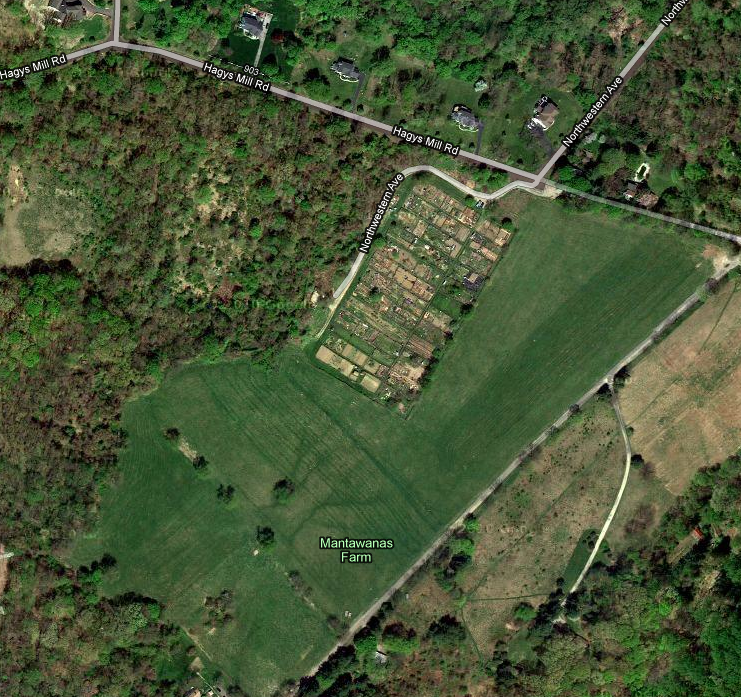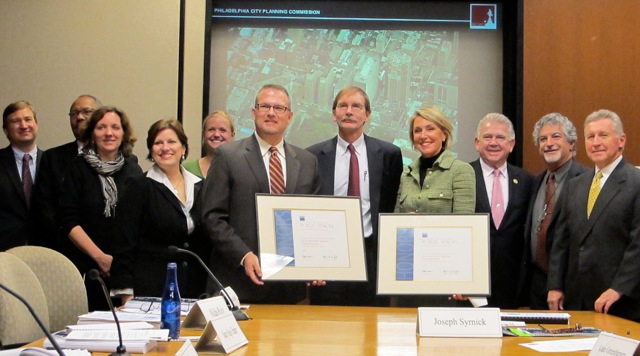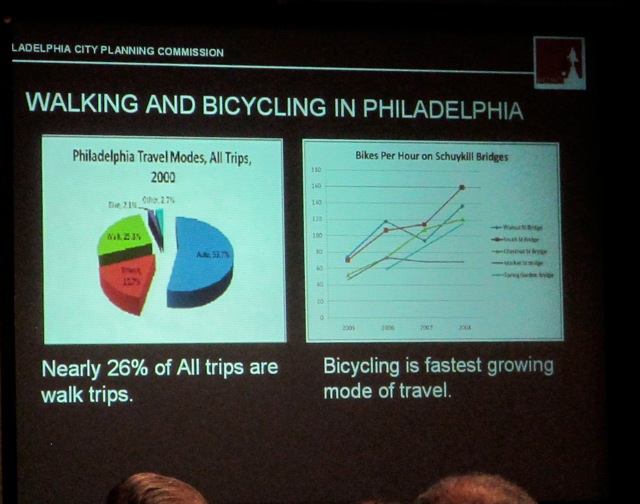Planning Commission says no to bill that would prohibit additional agricultural uses at Manatawna Farm
The city’s Parks and Recreation department wants to convert five acres of Upper Roxborough’s Manatawna Farm, currently used to grow hay for livestock raised by students at W.B. Saul High School – into urban farmland.
Manatawna is part of Fairmont Park. Parks & Rec representatives who spoke at Tuesday’s Planning Commission meeting said that private farmers would be sought to run 10, small-scale, organic, for-profit farming operations on the land, which would further the city’s mission of encouraging urban agriculture and bringing healthy, fresh food into underserved communities.
But several residents who live close to the park told commissioners the hay fields provide grassland habitats for songbirds, including bob-o-links, and the conversion would represent a detrimental loss. Lessening the hay-raising area would also be harmful to Saul students, they said.
The issue of hay field versus vegetables (or flowers, or composting, or another potential agricultural use) was before the Planning Commission because District 4 City Councilman Curtis Jones introduced a bill in May that would create the “Roxborough Environmental Control District,” which would, among other things, prohibit any commercial farming use, additional fencing, or the expansion of land that is currently used for community gardens.
If council passes Zoning Bill 100498, the zoning overlay would disallow the urban agriculture that parks and rec wants for part of the farm. It would protect the grassland habitat, proponents said.
Much to the dismay of the group of Roxborough residents, the commission followed staff recommendations and voted against the proposal. That recommendation will be passed along to the city council rules committee, which will hold a hearing on the bill at 10 a.m. Wednesday.
The decision pleased Joan Blaustein, the P&R Department’s director of environmental stewardship and education, who told commissioners before they voted that the parks and rec plan to seek farmers to operate at Manatawna Farm is consistent with “Philadelphia’s commitment to supporting urban agriculture.” She said the experts that parks and rec has consulted with say the area can support many different uses. Mark Focht, executive director of parks and rec, said that the urban farms would give Saul students a way to learn about a viable way to make their living. Blaustein said parks and rec wants to provide more habitat for birds, and is improving 70 acres of grassland less than 2 miles from the site.
Resident David O’Neil, who lives near the park, said that the experts the residents have talked to disagree with the assessment that the farm can accommodate more agriculture and continue to serve the birds well. He said he is a big supporter of urban agriculture, but this is not the place for it. “There are 40,000 vacant lots around the city,” he said. “We should break up the concrete, and not kick out the school kids.”
Planning Commissioners said the conflicting science was confusing, and in the end, they decided it was not their job to interpret it, but to simply stick with issues of land use.
In her presentation to the board, planner Paula Brumbelow said that staff was recommending against the overlay, in short, because it would prohibit a use already prohibited by the current residential zoning.
The current agricultural use is allowed there because the farm is essentially grandfathered in – it was a farm when the city acquired it in the 1980s.
Deputy Mayor and Commission Chair Alan Greenberger said that the city is trying to limit the use of zoning overlays.
Commissioner Brian Abernathy pointed out to the residents that with current zoning, parks and rec will have to get a zoning variance to go forward with their urban farm plan. If the proposed environmental overlay passes, he said, parks and rec could also move forward with the urban farming proposal with a variance. So, he saw no difference.
Commissioner Bernard Lee did see a difference, though. He said that if just psychologically, an overlay would provide an extra layer of protection.
Lee was the lone commissioner to vote against the staff recommendation, in favor of the overlay.
Several commissioners said that the issues were so nuanced that they didn’t feel prepared to make a decision on their own, so they were trusting the research done by staff, and following the staff’s recommendation to vote against the overlay.
Biking and Walking plan
Holy Family University plan
2055 Richmond Street Entertainment venue
FULL STORY AND VIDEO TO FOLLOW
Contact the reporter at kgates@planphilly.com
WHYY is your source for fact-based, in-depth journalism and information. As a nonprofit organization, we rely on financial support from readers like you. Please give today.






